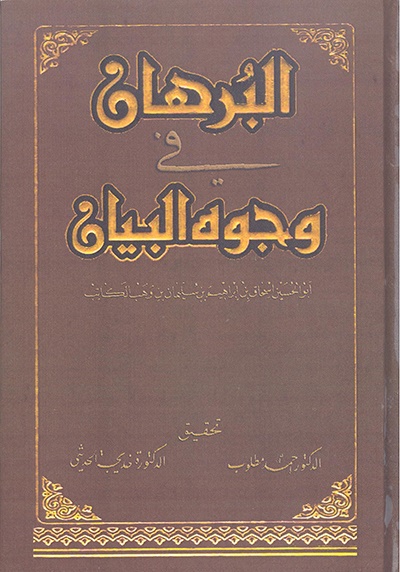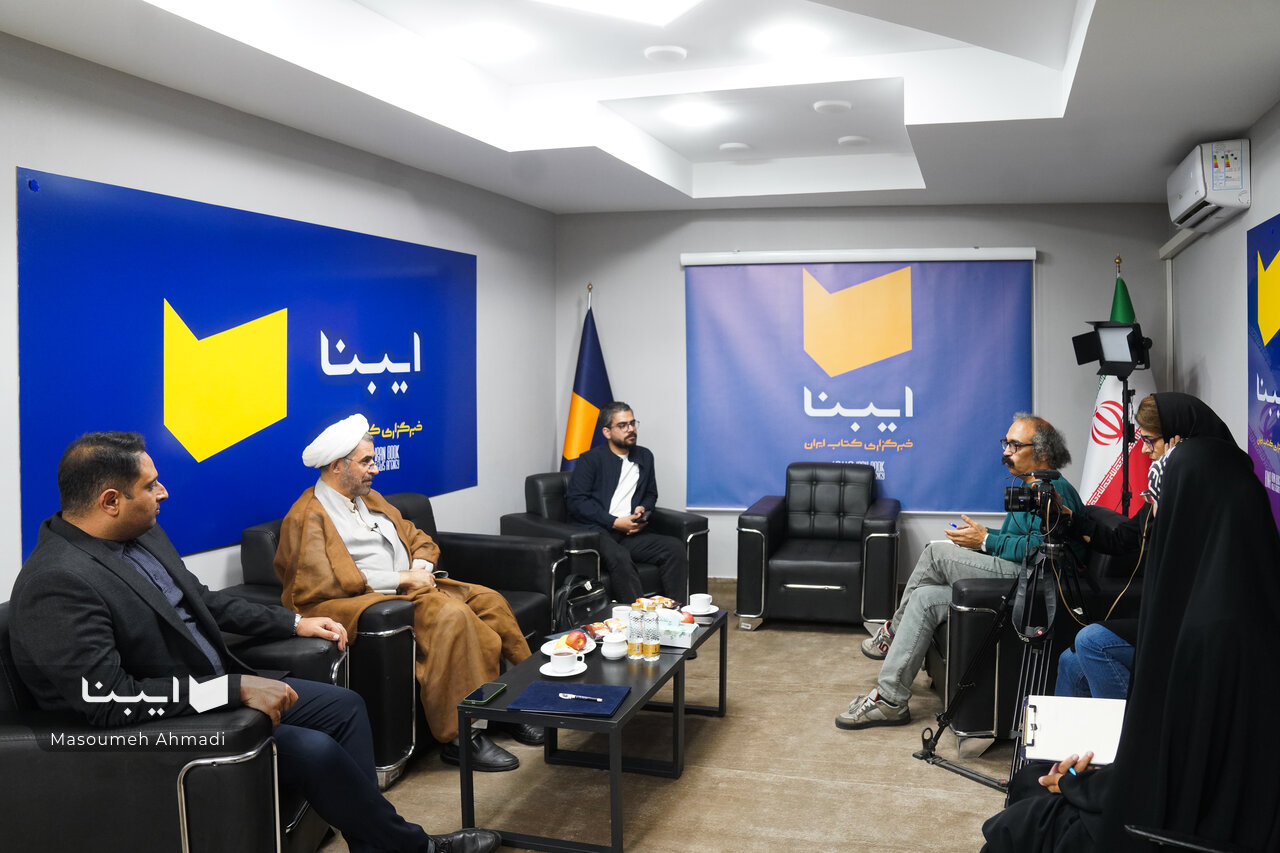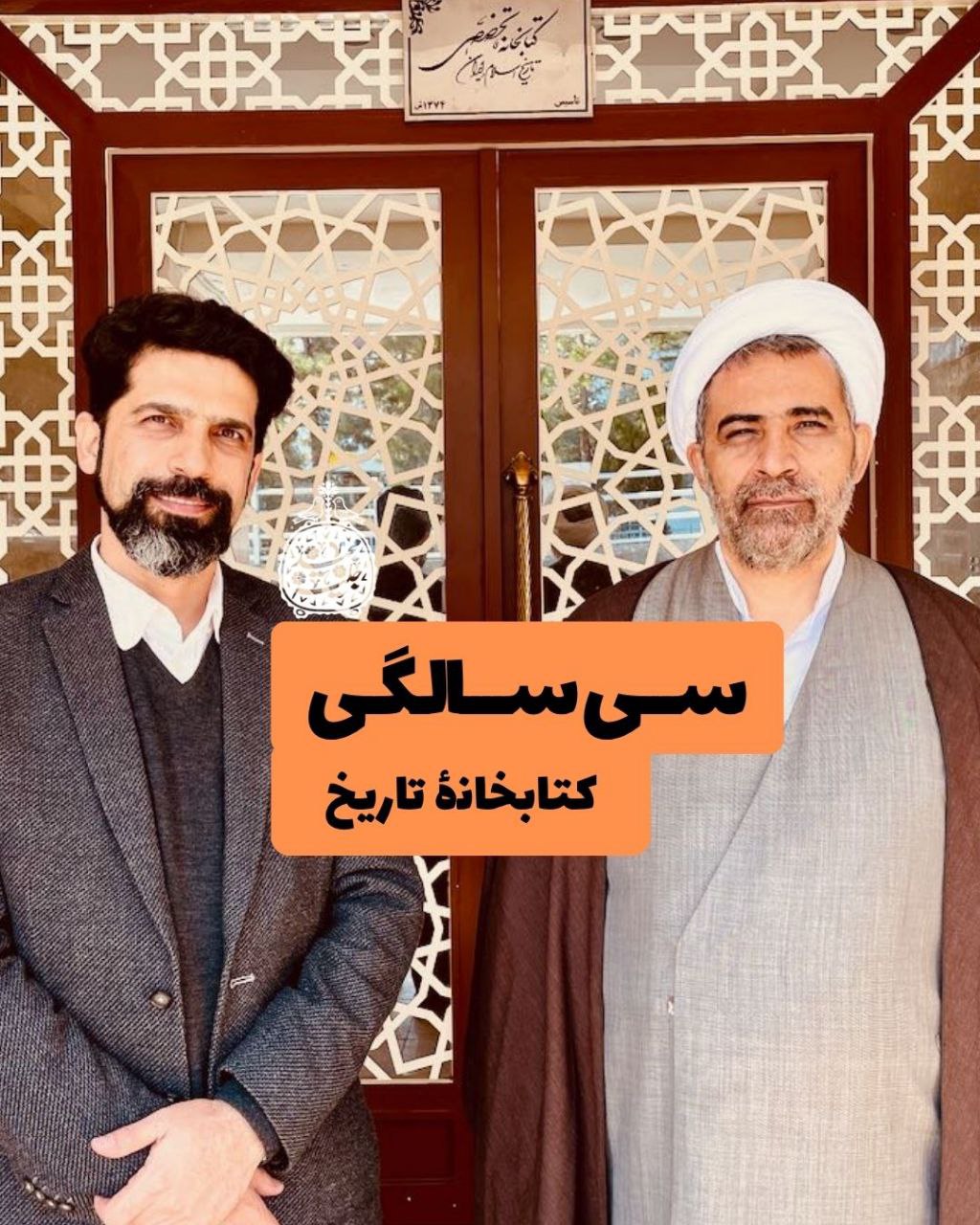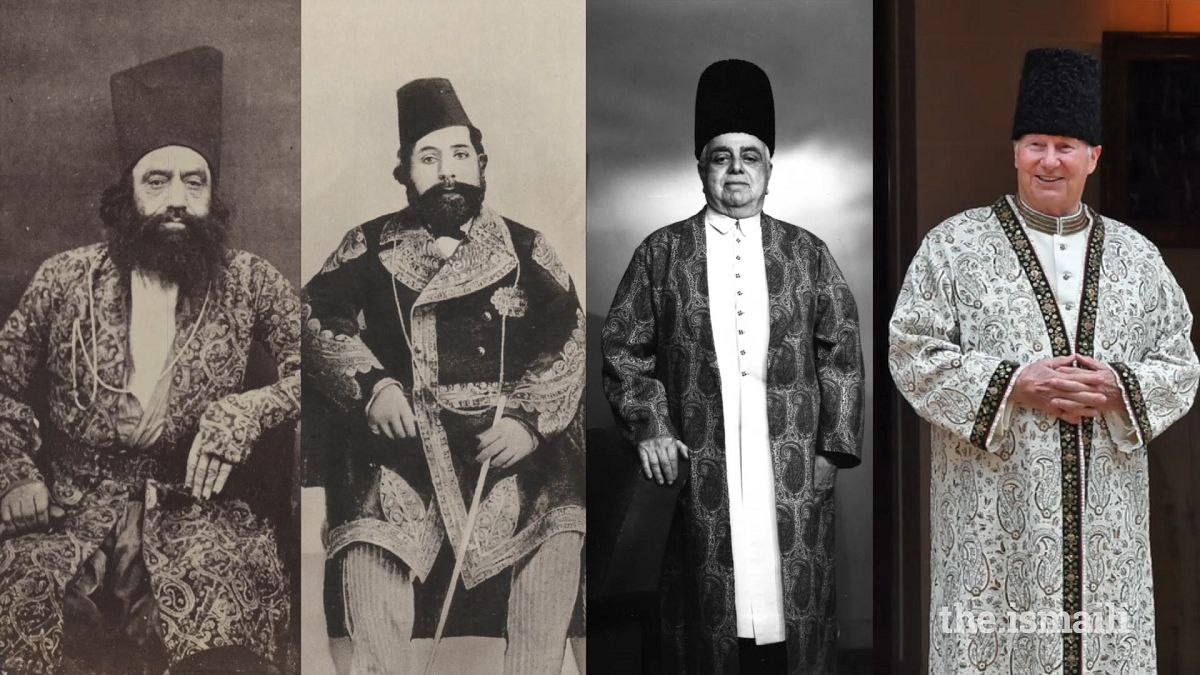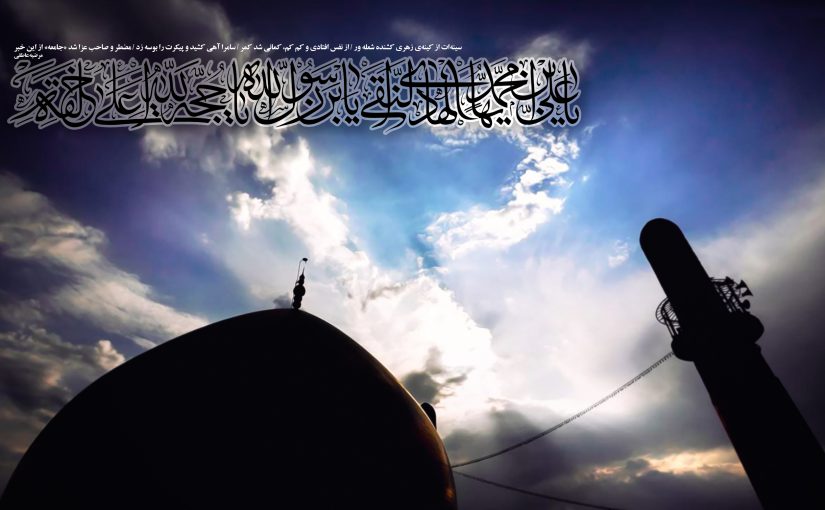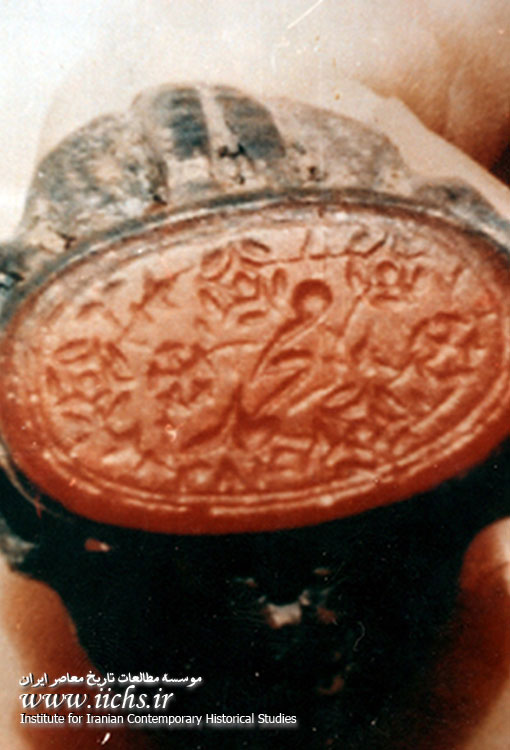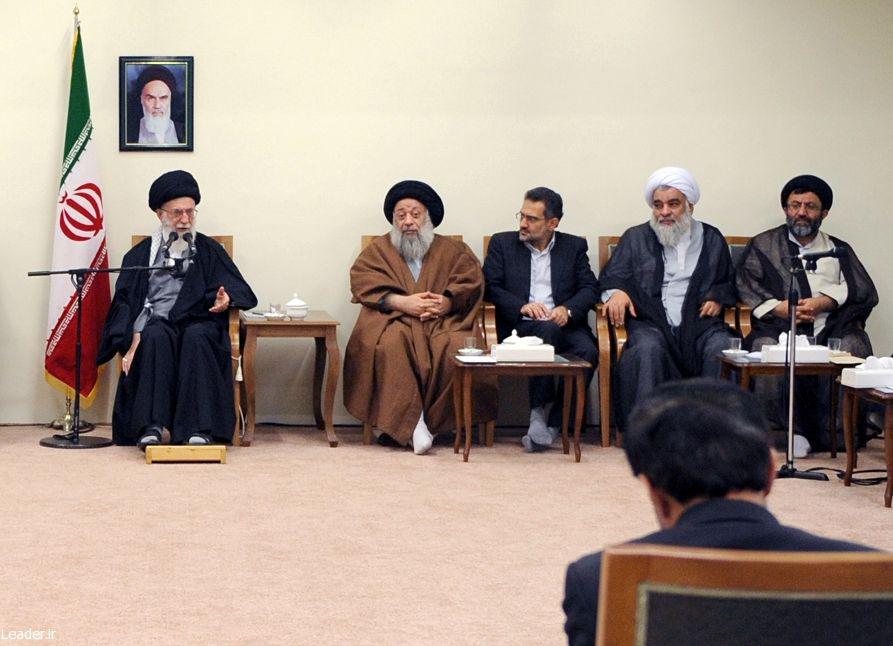Sulaym bin Qays al-Hilali or Abu Sadiq Sulaym bin Qays al-Amiri al-Hilali al-Kufi (allegedly born 2 years before Hijri – died in 70th, 76th or 90th Hijri) [سليم بن قيس الهلالي العامري] was supposedly a Kufan companion of Imam Ali and some of the later Imams (as). He has been a controversial figure in history and amongst scholars due to the contents of a book which is attributed to him. Furthermore, almost all information and descriptions about himself and his relationship with the Imams, are taken from his own book and there are no other early sources at our disposal which even remotely allude to any companion of the Imams by the name of Sulaym.
Sayyid Ali studied in the seminary of Qom from 2012 to 2021, while also concurrently obtaining a M.A in Islamic Studies from the Islamic College of London in 2018. In the seminary he engaged in the study of legal theory, jurisprudence and philosophy, eventually attending the advanced kharij of Usul and Fiqh in 2018. He is currently completing his Masters of Education at the University of Toronto and is the head of a private faith-based school in Toronto, as well as an instructor at the Mizan Institute and Mufid Seminary.

